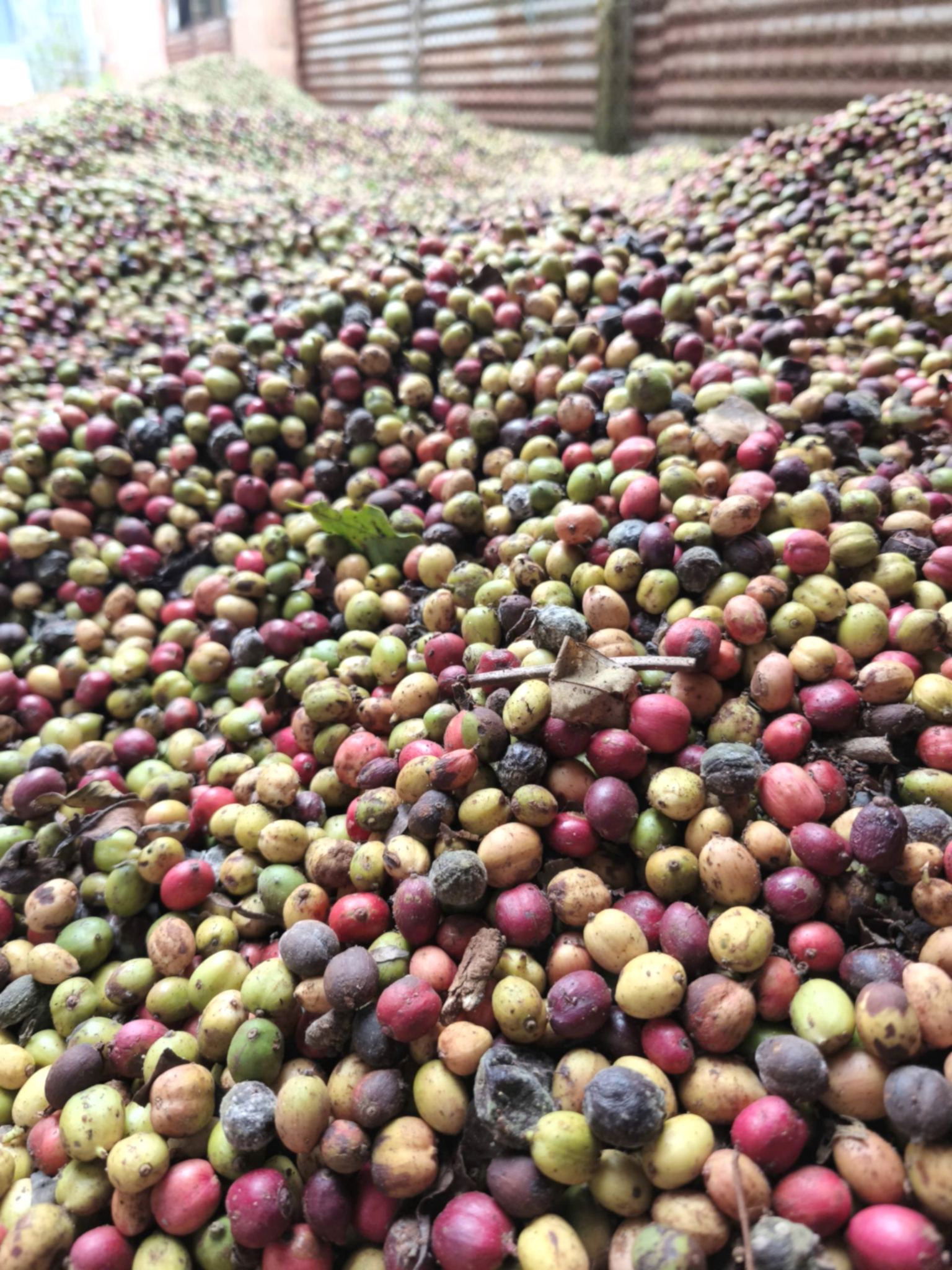Coffee Prices Today, September 6: Robusta Extends Sharp Decline – What’s Driving the Drop?
Coffee prices continued to fall today, with robusta plunging by USD 113/ton, closing at just USD 4,468/ton. The market remains under pressure from concerns about weakening U.S. consumption, while traders closely monitor developments surrounding a potential 50% tariff on Brazilian imports.
Global Coffee Price Update
At the close of trading on September 5:
- On the London exchange, robusta futures for September 2025 settled at USD 4,468/ton, down 2.47% (USD 113) compared with the previous session.
- November 2025 contracts dropped 2.38% (USD 105) to USD 4,309/ton.
- On the New York exchange, arabica prices slipped slightly:
- September 2025 contracts fell 0.04% (0.15 cents) to 385.6 US cents/pound.
- December 2025 contracts declined 0.2% (0.75 cents) to 373.65 US cents/pound.
Pressure from Weak U.S. Demand
According to Reuters and Barchart, the decline in coffee prices was largely influenced by concerns over U.S. demand after a weak jobs report:
- Only 22,000 jobs were added, while the unemployment rate climbed to 4.3%, the highest in nearly 3.75 years.
Despite this, coffee prices found some support from a weaker U.S. dollar, which generally boosts commodity prices.
Tariff Concerns and Market Uncertainty
Traders are awaiting clarity on whether U.S. President Donald Trump’s proposed 50% tariff on Brazilian imports will remain in effect.
The market could see sharp corrections if the U.S. Supreme Court upholds a previous ruling that Trump exceeded his authority when implementing sweeping trade tariffs.
Brazilian farmers, who supply around one-third of U.S. coffee imports, are holding back sales until trade policies become clearer.
- Data shows that Brazil’s coffee exports in August fell 31%, down to 2.38 million bags.
U.S. Buyers Turn to ICE Stocks
With Brazil holding back, U.S. buyers — the world’s largest coffee consumers — are sourcing supplies wherever possible, including from ICE-certified reserves, which are at multi-year lows:
- ICE-monitored arabica stocks dropped to 686,863 bags on Wednesday, the lowest in 1.25 years, before inching back up to 690,432 bags on Thursday.
- ICE robusta inventories fell to a one-month low of 6,552 lots as of August 28, before edging slightly higher to 6,654 lots on Friday.
Speculative Moves and Weather Factors
According to Bloomberg, the recent rally pushed the Relative Strength Index (RSI) of the most-traded contracts into overbought territory, suggesting prices may have risen too quickly. This surge was fueled largely by short covering, while thin liquidity amplified volatility.
Meanwhile, improving weather conditions in Brazil — with rainfall above average in Minas Gerais just weeks ahead of the arabica flowering season — further fueled the sell-off.
- Why Partnering with HACCP Certified Coffee Suppliers in Vietnam is Non-Negotiable
- Brazil’s Arabica Coffee Production Forecast to Drop Sharply
- Premium Arabica Coffee Bulk Buy: A Strategic Approach for Roasters and Distributors in a Dynamic Market
- Coffee Prices Today, September 24: Sharp Decline on Hopes of U.S.-Brazil Trade Talks
- Beyond Volume: A Strategic Analysis of the Top 5 Vietnamese Coffee Export Trends for 2026 and Beyond







